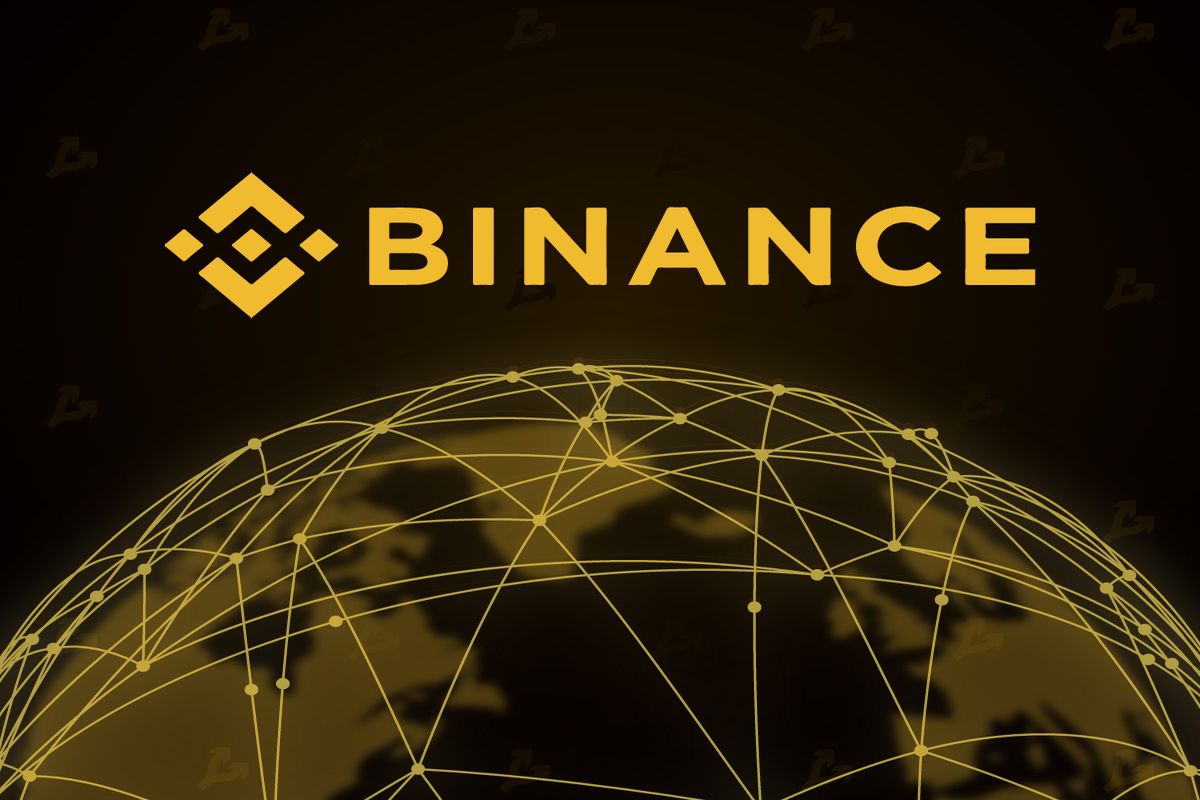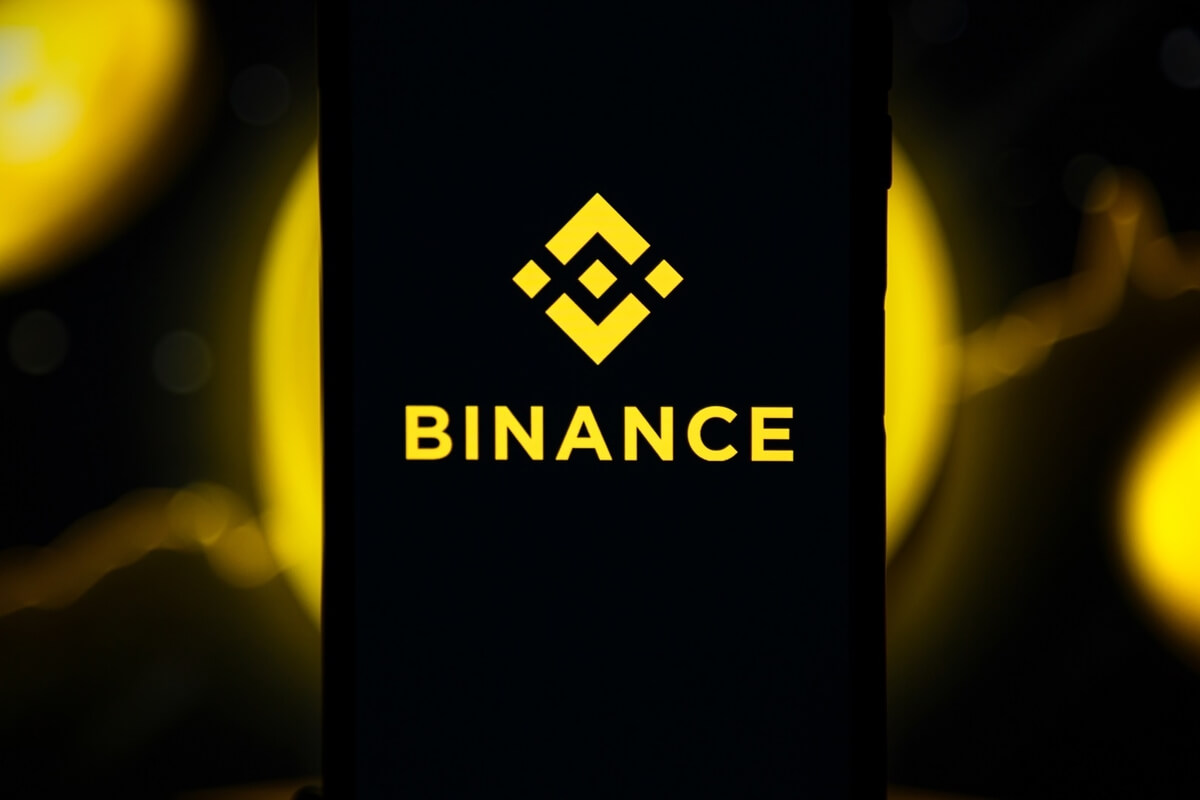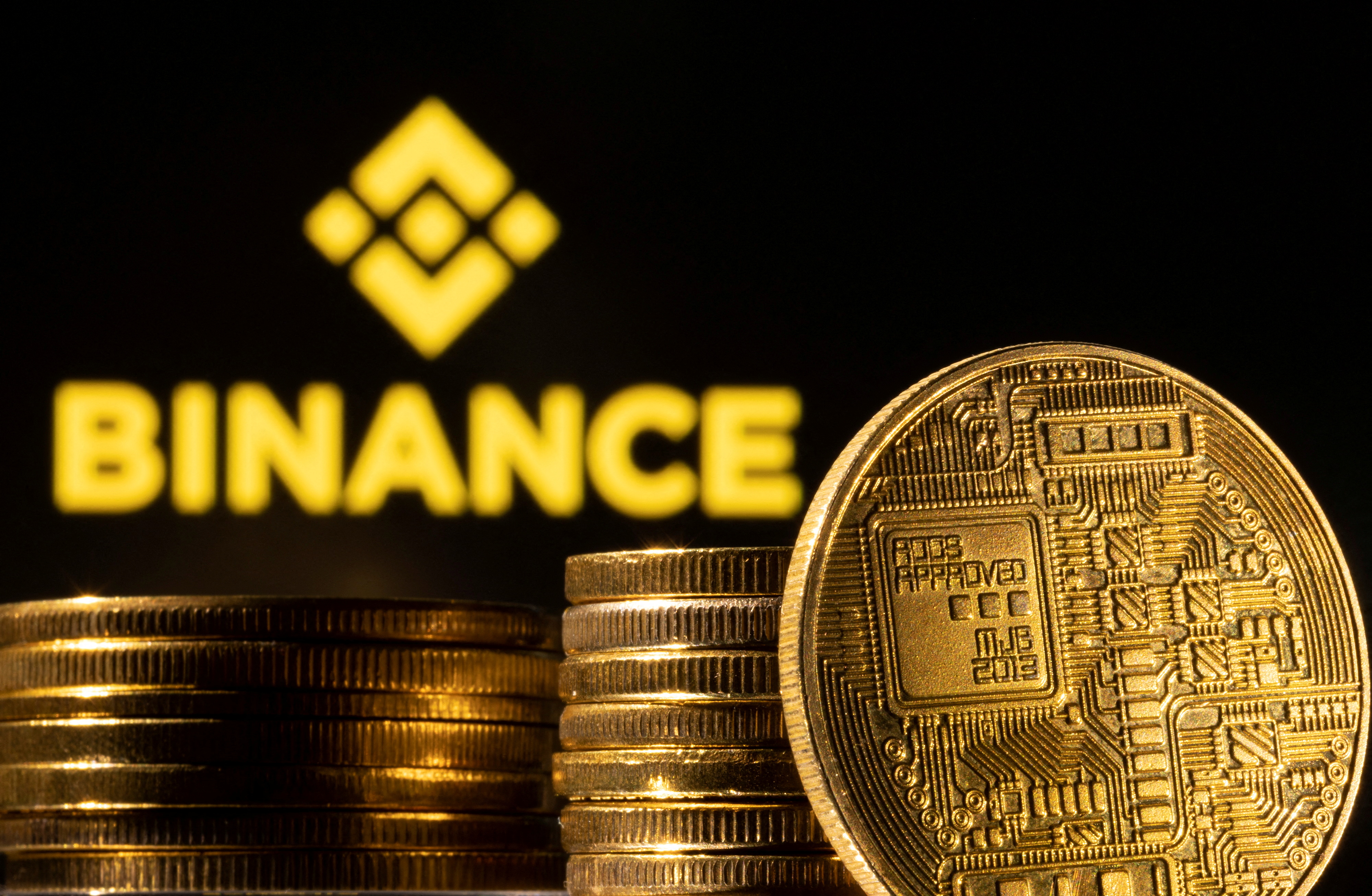Binance’s introduction of a new NFT 2.0 token on the Binance Chain is maybe one of the trendiest subjects to discuss since it has long been expected. With Binance being the biggest crypto exchange in the world, the launch of its first-ever Binance Account Bound (BAB) is a new talking point for thousands of users.
The tokens were rolled out, particularly for users’ certification. Therefore, many enthusiasts and users are curious about what could be in stock for them with the Binance Account Bound (BAB).
Binance Account Bound (BAB) tokens are a type of Soulbound tokens perfectly and specially designed by Binance. The new NFT 2.0 tokens were previously offered by Vitalik Buterin before they eventually launched.
Thus, it is beneficial to properly understand what soulbound tokens are, their practical use cases, and their relevance in the crypto space.
What Are Soulbound Tokens (SBTs)?
By description, Soulbound tokens (SBTs) are among the latest and trending innovations in the Web3 space. They are non-transferable and distinct tokens that work as a representation of a person’s credentials. In that context, soulbound tokens are a type of CV that reflects the memberships, affiliations, and credentials of web3 users.
The iteration of soulbound tokens implies owning a blockchain account where the users can readily and securely store immutable records like educational credentials, job and employment history, or works that detail a person’s experiences.
Soulbound tokens do not resemble nonfungible tokens (NFTs) and other cryptos that can be traded on the open market and transferred from one wallet to the next. As the name suggests, Soulbound tokens are non-transferable tokens that are permanently bound to a wallet or account for its whole lifespan. These supposed blockchain accounts and wallets that host soulbound tokens are referred to as ‘Souls’.
Related: Soulbound Tokens Could Soon Take Your Entire Identity To Web3 – Vitalik Buterin
How Soulbound Tokens Work
Soulbound tokens, as stated earlier are NFT 2.0 tokens. In that context, they work like conventional NFTs. The difference between them is in the aspect of transfer. Nonfungible tokens are transferable while the soulbound tokens cannot be moved.
Taking into consideration the fact that the similarities between NFTs and Soulbound tokens are more than their differences, Soulbound tokens are described ideally as non-transferable NFTs. Fundamentally, Soulbound tokens are non-fungible because they cannot be interchanged, with every token being distinct and non-transferable.
Furthermore, the tokens deploy a mechanism that helps in boosting trust among the users. The mechanism lets Souls issue self-certified SBTs to themselves. Nevertheless, a prevalent process is whenever the other Souls or SBT developers issue an SBT to another Soul’s address.
Thus, the SBT, its issuer, and Soul’s address can be publicly authenticated on the blockchain. Therefore, anybody can readily track and prove the trust circles of a specific Soul. A cryptocurrency wallet is known as a ‘Soul.’ Souls are wallets where SoulBound tokens can be stored.
It is important to note that each type of interaction, mostly business-inclined interactions, needs a maximum level of trust between the parties. However, it is a huge challenge affecting web3 technology because of the high level of privacy and anonymity in various web3 protocols.
As such, web3 protocols are not entirely replacing the structures of web2 as expected, instead, it is heavily reliant on the centralized structures of web2. The great news is that Binance has rolled out its SoulBound tokens, a move that points to more adoption of SBTs.
Related:Binance.US Explores 18 New Tokens
These tokens can be disseminated amongst members of a group or institution to function as proof of affiliation. Artists, writers, and creatives may also utilize SBTs as their digital portfolios. Even when it is a case for something as niche as being a global leader expert on the fingerboarding, your corresponding Soulbound token would function as a means of authenticating all these achievements to other people.
SBTs’ Benefits And Shortcomings
The use of Soulbound tokens comes with several advantages since it is focused on boosting and empowering the decentralized community. Users of SBTs can enjoy these benefits:
- Decentralized key management and recovery – Today, most of the web3 participants rely on custodial wallets that are mainly managed by centralized entities like Binance and Coinbase. Notably, the users of these platforms are not in control of their crypto wallets or the assets within.
The current decentralized key management networks solve this issue, giving solutions like multisig recovery work, with the tradeoff of security and ease of use. Another notable solution known as social recovery heavily relies on a person’s trusted relationship that resembles the solution SBT offers. At that point, the Soul is the intersectional vote of its social network. - Tracing social provenance – This is an extra benefit to the use of blockchain technology as the traditional blockchain network only lets users trace the time a specific digital asset was made, it fails to display any social provenance. Therefore, Soulbound tokens will be used to intervene in that regard as it enables users to trace the social provenance, offering them in-depth context to the Soul that originally published the work.
As a result, deep fakes might easily get identified since they are developed outside of time and social context, while valid assets would be readily recognizable since they are issued by a reputable supplier/creator as SBTs.
In the meantime, Soulbound tokens are also encountering various limitations that may discourage enthusiasts from venturing into them. One of the major side effects of soulbound tokens is that they are public. SBTs are targeted towards some form of innovation that is focused around web3 CV working as proof of the owner’s character.
Some of the crypto wallets that hold SBTs are possibly getting unwanted eyeballs only due to their reputation. Thus, Vitalik Buterin and all other coauthors of SBTs consider adding many functionalities as options, such as SBT burning or SBT hiding.
Additionally, the concept that was adopted by the SoulBound tokens is socially unproven. As stated previously, SBTs are NFTs that are not transferable, a development that is capable of boosting governments’ control over the crypto space.
Souls with higher credentials may gather to create a ‘superior’ group for good doings, but there is a worry that the group may move toward anti-social behaviors. It is believed to be a double-edged sword.
Moreover, Soulbound tokens are facing several issues of interoperability. In that context, there are worries about the reliability of SBTs issued by third parties. To note the vision of a DeSoc cited by Vitalik Buterin and his two coauthors, the adoption of SBTs needs to be wide enough, just like NFTs.
Binance Soulbound Tokens For User Certification
As stated previously, Binance has also introduced its Soulbound tokens known as the “Binance Account Bound (BAB)” for user certification. Therefore, Binance’s Soulbound tokens might serve as credentials for the users that have passed the Know Your Customer (KYC) on the exchange.
Notably, Binance Account Bound (BAB) functions similarly to other SoulBound tokens. Nonetheless, it is exclusively created for the users of the Binance exchange since it is built on the Binance chain.
BAB has been designed to work as an opt-in feature that will let only those Binance users in total compliance with Know-your-customer (KYC) mint their Binance Account Bound (BAB) directly on their crypto wallets while using the platform. BAB is restricted to Binance mobile app users. These tokens can be minted on old and new blockchain wallets and will be accessible to third-party protocols.
Binance Account Bound Use Cases
Based on the major purpose of Soulbound tokens, the BAB’s primary use case is to work as a certification to the verified Binance users. Therefore, Binance users can get certified and have proof of it.
Additionally, BAB can be adopted by NFT protocols and decentralized applications (dApps). They might use these tokens for various purposes like airdropping to addresses with BAB tokens or supporting minting from BAB addresses to prevent bot manipulations, among many others.
In that context, the BAB tokens can get leveraged by third-party protocols to confirm Binance Account Bound tokens for any activities like airdropping NFTs, avoiding bots, and a DAO using it for quadratic voting, etc.
Related:The Top Blockchains for NFTs
What Happens Next?
With BAB being the first ever Soulbound tokens to be developed by Binance, this platform promises a lot of distinct functionalities for its BAB users. Binance Account Bound is recognized as Binance’s pilot project at the time of publication. Hence, there are many expectations that additional use cases for BAB will come up in the future as the web3 landscape evolves.
The Takeaway
Soulbound is mainly recognized as a new form of a token standard that may form an important building block for the Decentralized Society. Therefore, Binance has designed its SBTs to focus on addressing identity issues in the decentralized society.
Binance’s BAB will work as online identification for Binance. In that context, it is correct to state that the decentralized community will have its identity challenges fully controlled soon.











